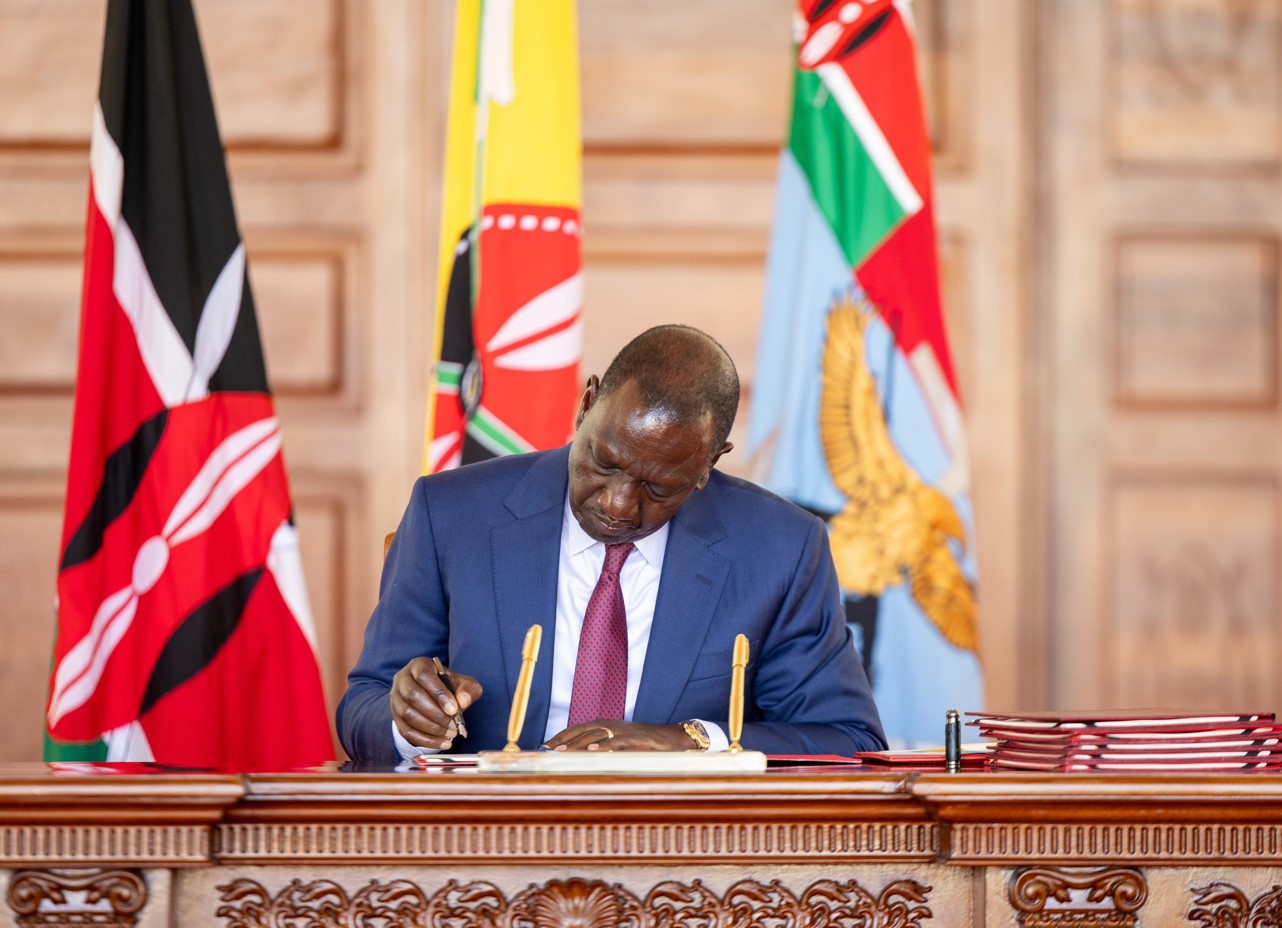Food prices increase as Sudan faces hunger crisis

The WFP claims that the country's shortage of basic food commodities is to blame for this trend.
If the conflict in Sudan continues, the majority of the population faces the threat of severe hunger. The ongoing war has upended the country's food supply, driving up the cost of essential commodities.
According to a recent report by the World Food Programme (WFP), attacks and other barriers are driving up commodity prices in the Sudanese market.
More To Read
- UN sounds alarm as Sudan’s RSF claims El-Fasher army base, trapping 250,000 civilians
- RSF claims capture of Sudan army’s last base in North Darfur’s El Fasher
- Sudan war: Three children dying every day as hunger and diseases devastate besieged El Fasher
- Severe flooding affects over 960,000 in South Sudan: UN
- Over 30 million people in Sudan in need of humanitarian assistance: UN agencies
- Sudan among countries facing widespread mine and explosive contamination – UN report
"Disruptions in supply chains to remote areas caused by the onset of the rainy season and ongoing conflicts are factors that are likely to raise production and transportation costs, which in turn could drive up food prices and other commodities," revealed WFP.
This justifies why essential food items have increased by more than 100 per cent as of July 2024 compared with the same period last year.
A kilogramme of sorghum was sold at 1,236 Sudanese pounds (SDG), representing a 225 per cent increase from July 2023. Wheat flour also rose by 110 per cent in 2023 to SDG 2,2774 per kilogramme.
The price for groundnuts exhibited a similar trend, rising by 139 per cent to SDG 52,991 in 2023.
The WFP claims that the country's shortage of basic food commodities is to blame for this trend.
"Key factors contributing to this crisis include below-average crop production from the previous season, an unfavourable outlook for the current agricultural season, and disruptions in supply chains due to ongoing conflicts," states the WFP report.
Consequently, the Sudanese pound has lost its value against the American dollar. Currently, the foreign exchange stands at 2,260 SDG/USD. This is a significant drop of 304 per cent, and the WFP report says it doesn't make the situation better.
"The depreciation of the Sudanese pound, coupled with rising prices, is diminishing purchasing power and worsening food insecurity for millions of Sudanese households," the report indicates.
The humanitarian organisation says conflict-affected areas will feel the pinch of the food insecurity crisis as prices are expected to rise.
Top Stories Today













































